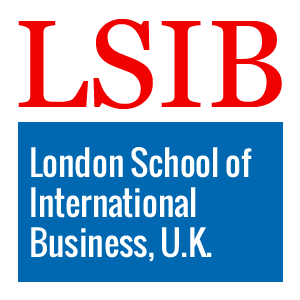Professional Certificate in Behavioral Economics for Success
Published on June 24, 2025
About this Podcast
HOST: Welcome to our podcast, today I'm excited to be joined by Dr. Jane Smith, an expert in behavioral economics and the instructor for the new course, "Professional Certificate in Behavioral Economics for Success." Dr. Smith, welcome! GUEST: Thank you for having me, I'm looking forward to our conversation! HOST: To start, can you share what drew you to the field of behavioral economics and how it has influenced your career? GUEST: Absolutely! I was always fascinated by human decision-making, and behavioral economics offered a unique lens to understand and influence these processes. It's been instrumental in my work in marketing and consulting. HOST: That's fascinating. Now, let's talk about the course. How does it help professionals and students enhance their problem-solving abilities and critical thinking? GUEST: The course focuses on practical skills like recognizing cognitive biases and applying decision-making frameworks. These tools help learners improve outcomes and develop stronger critical thinking skills in various fields, from marketing to finance. HOST: I see. As we know, cognitive biases play a significant role in our daily lives and professional settings. Can you share an example of how understanding these biases can lead to better decision-making? GUEST: Sure! Let's consider the confirmation bias, where people tend to favor information that supports their existing beliefs. By recognizing this bias, professionals can challenge their assumptions, seek diverse perspectives, and make more informed decisions. HOST: That's a valuable insight. Now, what challenges have you encountered in teaching behavioral economics, and how does this course address them? GUEST: One challenge is that people often think behavioral economics is too complex or not applicable to their work. In this course, we break down the concepts into practical, easy-to-understand modules and demonstrate how behavioral insights can be applied in real-world scenarios. HOST: That's great to hear. Lastly, where do you see the future of behavioral economics, and how can this course prepare learners for what's to come? GUEST: Behavioral economics is becoming increasingly relevant as businesses recognize the importance of understanding human behavior. This course equips learners with in-demand skills, enabling them to stay ahead in today's complex world and adapt to emerging trends in marketing, finance, and management. HOST: Dr. Smith, thank you so much for sharing your insights and expertise with us today. I'm confident that this course will empower many professionals and students to enhance their decision-making abilities and succeed in their careers. GUEST: Thank you for having me! It's been a pleasure discussing the course and its potential impact. I encourage everyone to explore the program and unlock their potential!
